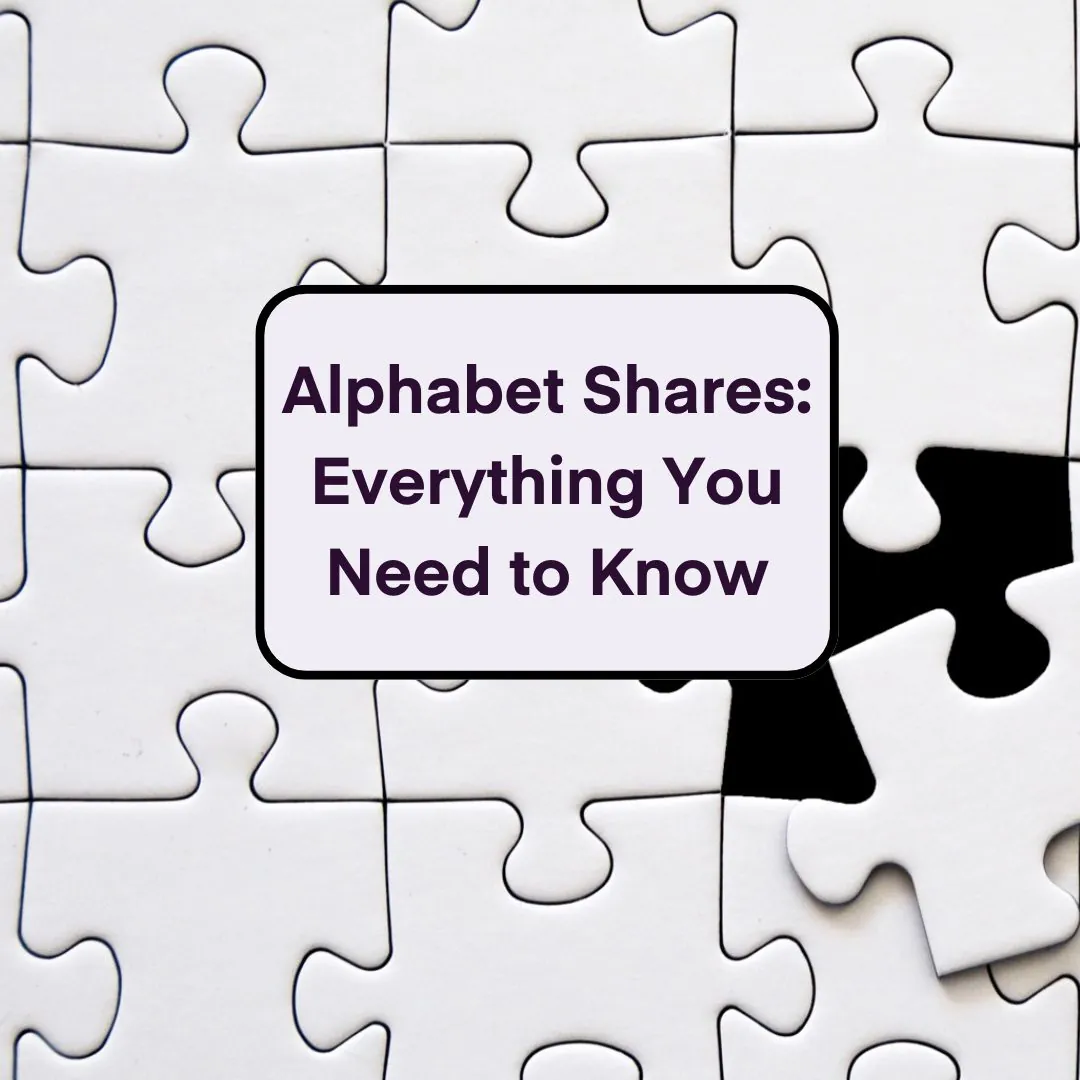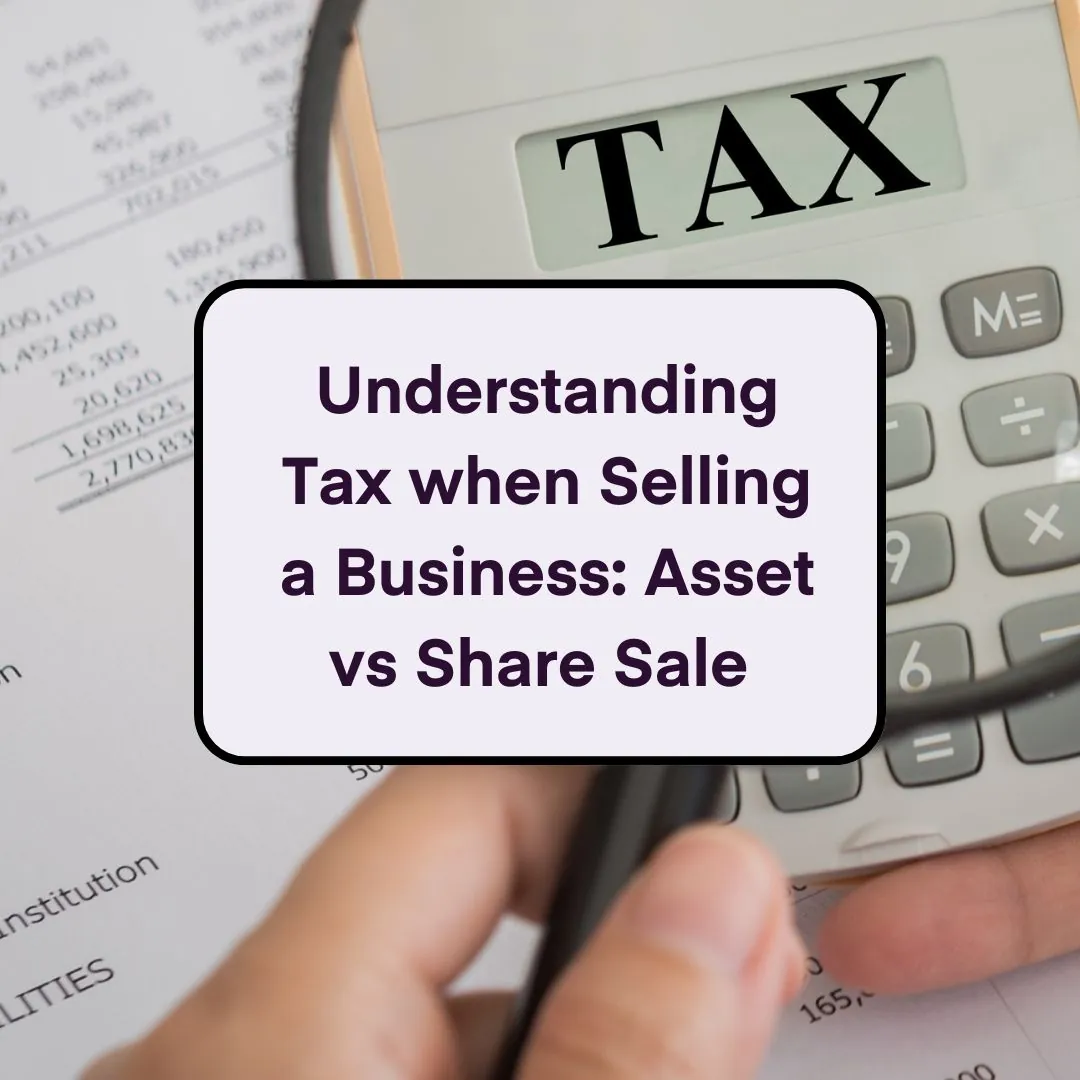Shareholders Agreements
A shareholder’s agreement outlines shareholders’ rights, obligations, and roles in the company. Without one, you could be opening yourself up to all kinds of disputes between shareholders further down the line.
What’s the best share structure for a limited company?
However, here are some of the most common share structures for limited companies:
- Ordinary shares – these are the most common type of share which provide equal voting rights to any shareholders and are typically used as a way of raising capital and providing options in terms of dividends and other shareholders rights.
- Preference Shares – used to attract investors who’d like a slightly safer investment, preference shares allow you to offer priorities to certain shareholders such as the right to receive dividends before ordinary shareholders.
- Non-Voting Shares – A classic ‘does what it says on the tin’ kind of share, non-voting shares mean there’s no voting rights for shareholders, but they’re still able to participate in the companies’ profits. They’re great for raising funds without reducing the voting rights of any existing shareholders.
- Redeemable shares – these shares allow the company to buy shares back at a specific time or price in the future, giving a level of flexibility over the company’s structure.
- Alphabet shares – these shares have all different kinds of classes, each with its own voting and dividend entitlement which allows different levels of control for shareholders. Choosing which structure is right for your business is a minefield, which is where we come in. Speak to our experts to work out what structure is most appropriate for you.
What happens if there is no shareholders agreement?
You wouldn’t start driving on the motorway without a seatbelt would you?
Let’s say you’ve just set up a business with your friends and you decide to skip the ‘shareholders agreement’ part. You’re all good pals, why would you need the paperwork? Without a shareholders agreement, you could open yourself up to financial squabbles, bickering over shares and no clear rules for decision making.
You risk uncertainty, potential legal battles and expensive legal fees to rectify your mistakes if you don’t set everything out early doors.
It might seem like an unnecessary spend, but think of a shareholders agreement as a business prenup. After all, no one wants a messy break-up.
What’s included in a shareholders agreement?
A shareholder's agreement is like the business rulebook. It defines each shareholder's roles, decision-making processes, and outlines procedures for buying or selling shares. It's the blueprint for the company's operation, covering important aspects like ownership structure, financial matters, and exit strategies. Essentially, it's a vital document that provides clarity and guidelines, ensuring the smooth functioning and stability of the business.
A shareholder’s agreement is like the business rulebook. It defines each shareholder’s roles, decision-making processes, and outlines procedures for buying or selling shares. It’s the blueprint for the company’s operation, covering important aspects like ownership structure, financial matters, and exit strategies. Essentially, it’s a vital document that provides clarity and guidelines, ensuring the smooth functioning and stability of the business.





















